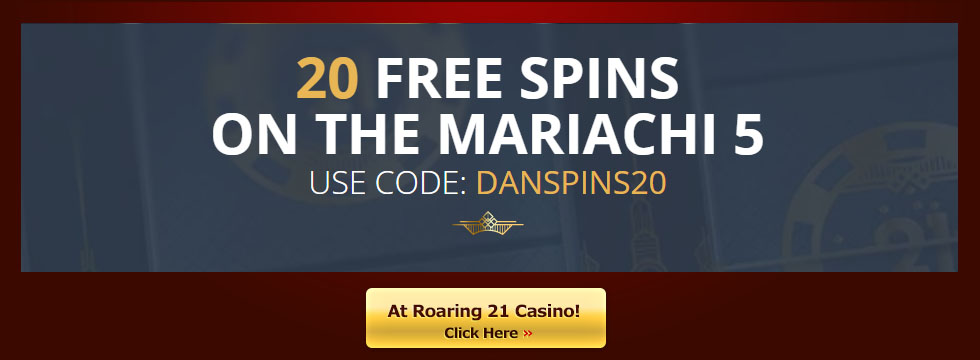Poker refers to a family of different games that share a set of rules and, usually, hand rankings. While they differ in the number of cards played and basic playing details, the cards are generally shuffled and dealt in a clockwise direction.
Generally one or more players are obligated to place a forced bet, known as an ante or a blind bet. If, at some point in the game, a player calls, or matches the ante, and the other players fold, the game ends immediately and the last player standing wins regardless of the hand he holds.
At the end of the betting round, if more than one player remains, the players reveal their hands in what is called a showdown. The hands are judged according to the generally accepted hierarchy of poker hands. The winner takes the kitty. Most poker hands consist of five-card hands, although some variations exist. Hands for some variations can be as small as two cards, and for others may have thirteen cards.
In most cases, the goal is to ensure that the opponent is not able to guess what is in your hand, and to remain the last player standing. An experienced player will watch the cards that have been played and calculate what your opponents are likely holding. Using that information, a player will calculate the odds of winning with their current hand or winning by coercing others to fold. If neither of these seem feasible, the player will fold and minimize his losses.

No matter what poker game you are playing, the rules of etiquette are always in play. Some of the rules of poker etiquette are rather cut and dry, mostly boiling down to one simple rule: don’t be a jerk. The keys to poker etiquette are simple, but we should go through them anyways.
A big one: always act in turn. Don’t try to call or bet when a person in front of you is up to act. This is important to do and is actually profitable as well. Let’s say the person was going to call, but you play out of turn and raise. Well, they probably aren’t going to call now. Wait your turn.
You should also try and make your decisions in a timely matter. Most online poker rooms have a timer that doesn’t allow you to take a long time, but in live play this is huge. Players want to see as many hands as possible during their time and you taking a long time to decide whether to call a small raise is not helping that. Keep the flow going and play in a timely matter. You can think about your moves, that’s fine and encouraged, but don’t act like you are deciding whether or not to start World War III. It’s only poker.
Another bad move is when you are out of a hand and start to talk about your hand. For instance, you folded a 7-9 and then the flop comes 9-9-7. Telling the other players who are still in the hand what you had is a big no-no and should be avoided.

| # | Online Casino | Reason | Visit |
|---|---|---|---|
| 1 | Solid games, excellent deposit bonus | ||
| 2 | Unique Game Selection | ||
| 3 | $22 No Deposit Bonus just for registering |
Additional Poker Common Rules Questions:
(None Yet)
Related Questions:

| # | Online Casino | Reason | Visit |
|---|---|---|---|
| 1 | Solid games, excellent deposit bonus | ||
| 2 | Unique Game Selection | ||
| 3 | $22 No Deposit Bonus just for registering |







